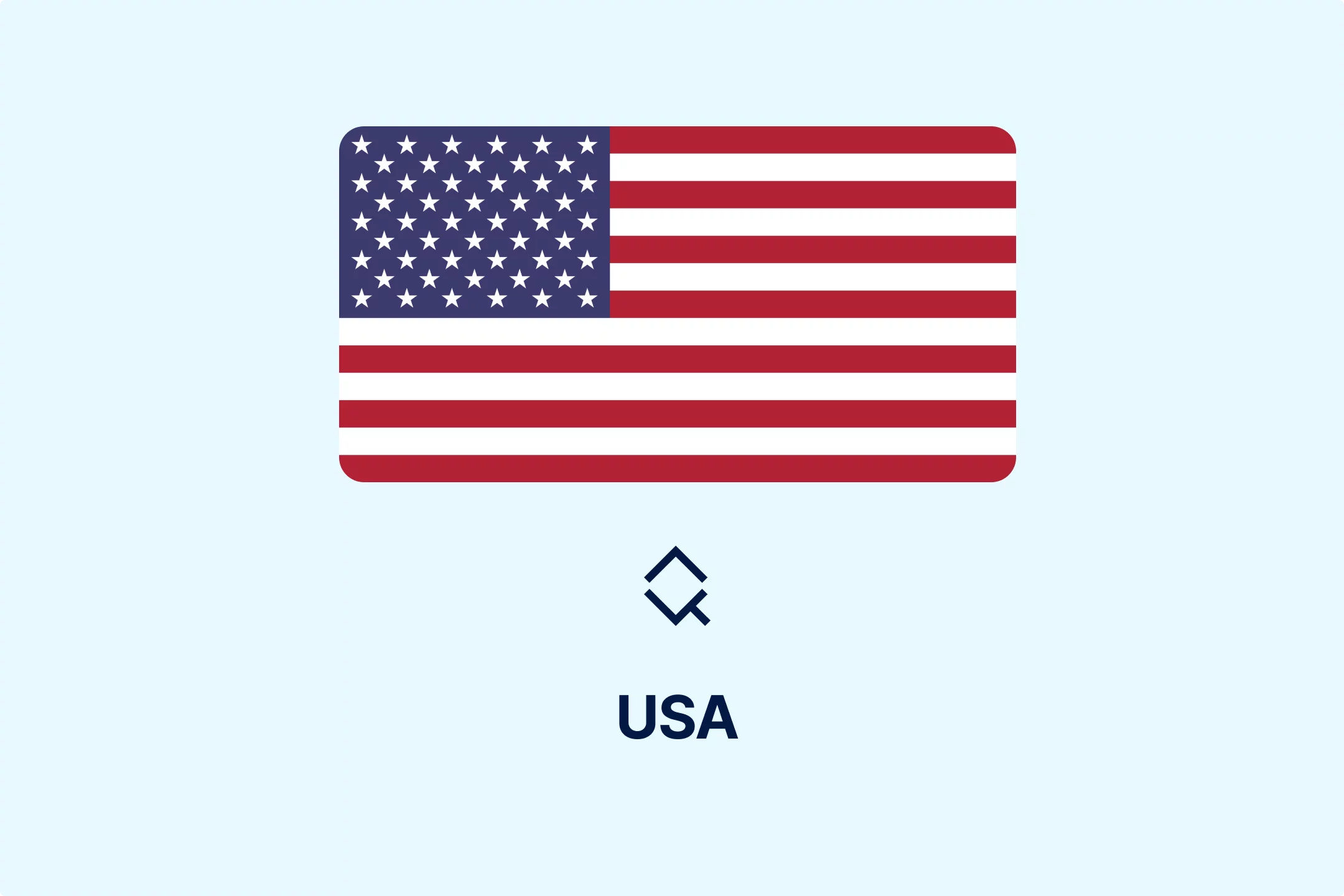New Jersey Launches Tax Mediation Pilot Program

The New Jersey Division of Taxation (NJDT) announced that, starting October 1, 2025, it will launch a pilot mediation program designed to resolve corporate business tax and sales and use tax disputes more efficiently and effectively. The pilot mediation program will run for 24 months, that is, until September 30, 2027, after which the results and future of the program will be determined based on the NJDT analysis and evaluation.
Main Objectives and Characteristics of the Program
The mediation program is an alternative way for taxable persons to resolve sales and use tax disputes with the state before escalating to the Conference and Appeals Branch or the Tax Court. The main objective of the program is to provide a quicker, less costly, and final resolution process for sales and use tax disputes, along with related penalties and interest.
The mediation process is set to consist of an informal meeting between the taxable persons or their representative, staff from the Audit Branch, and a neutral mediator trained to guide the discussion. Even though the NJDT will employ the mediator, the mediator must act impartially, helping both sides work toward a mutually acceptable settlement without the power to impose an outcome.
Disputes that will be eligible for mediation include those involving a minimum of USD 5,000 in taxes. Taxable persons must file a mediation application, accompanied by supporting documents, which may include a consent to extend the statute of limitations. The deadline for concluding the mediation is 180 days, though extensions are possible. In cases where no agreement is reached between parties, the taxable persons still retain the right to pursue normal protest and appeal procedures.
In contrast, any resolution or agreement reached will be finalized in a binding closing agreement. Importantly, these agreements will not set a precedent for future cases and will be only binding for that specific case. Additionally, the process will be confidential under the New Jersey Uniform Mediation Act, meaning that statements, documents, or notes from the mediator during mediation cannot be used in subsequent proceedings.
Conclusion
The pilot mediation program reflects New Jersey’s efforts to provide businesses with a more collaborative and less adversarial avenue for resolving disputes. With an emphasis on efficiency, fairness, and confidentiality, the program should strike a balance between safeguarding state revenue interests and addressing the needs of taxable persons for timely and cost-effective outcomes.
If successful, the program could become permanent and expand to include more cases. Moreover, if it proves effective and successful, this pilot program could spark a new wave of sales and use tax compliance and dispute resolution programs and measures across the US.
Source: PwC, New Jersey Division of Taxation

Featured Insights

Burkina Faso FEC E-Invoicing Mandatory July 2026
🕝 February 24, 2026More News from United States
Get real-time updates and developments from around the world, keeping you informed and prepared.
-e9lcpxl5nq.webp)





-fd4vrjrcmo.webp)











-qoqtiao7l2.webp)





-o0xyg5unvs.webp)










-sug7vykj81.webp)
















-pofe7ucwz3.webp)









-de8hdb1bn3.webp)








-xbhr0m4jsb.webp)


-ae6fi6cjox.webp)














-b0fpsws1w1.webp)





















-x78wuofpzj.webp)
















-b44f1vjl1i.webp)

-priw8nq5xc.webp)


.png)

.png)






























